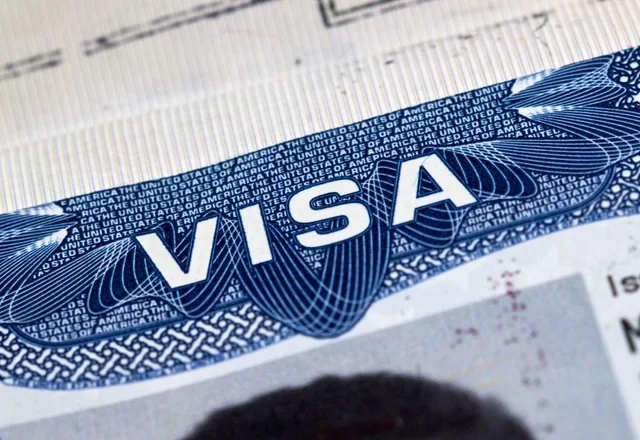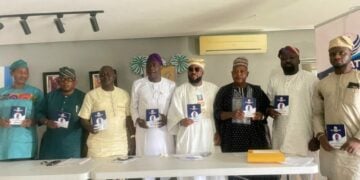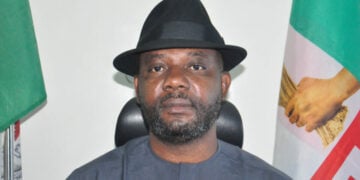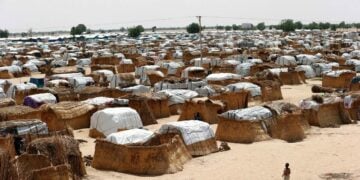The United States Consulate in Lagos has defended its decision to revoke the visa of Nigerian Nobel Laureate, Prof. Wole Soyinka, saying that visas granted to foreign nationals were a privilege, not a right.
According to The Punch, the Consulate’s Public Diplomacy Officer, Julia McKay, in an email response to the newspaper on Thursday, explained that US law prohibits disclosure of individual visa cases but reaffirmed the country’s authority to revoke visas at any time.
“Under US law, visa records are generally confidential. We will not discuss the details of this individual visa case,” McKay said.
“Visas are a privilege, not a right. Every country, including the United States, can determine who enters its borders. Visas may be revoked at any time, at the discretion of the US government, whenever circumstances warrant.”
The clarification followed Tuesday’s revelation by Prof. Soyinka during a media parley in Lagos that his B1/B2 visa had been revoked by the US Embassy.
Speaking at the event titled “Unending Saga: Idi Amin in Whiteface” at Kongi’s Harvest, Freedom Park, the 91-year-old literary icon said the revocation was communicated to him in a letter dated October 23, 2025, from the US Consulate General in Lagos.
“It is necessary for me to hold this press conference so that people in the United States who are expecting me for this event or that event do not waste their time.
“I have no visa; I am banned, obviously, from the United States. And if you want to see me, you know where to find me,” Soyinka stated.
The world-renowned playwright and poet said he was unaware of any wrongdoing that might have led to the decision, adding that he had begun to reflect on his past interactions with US authorities.
“I’ve started looking back, have I ever misbehaved towards the United States of America? Do I have a history? Have I been convicted? Have I gone against the law anywhere?” he wondered.
Soyinka humorously recalled two minor incidents from decades ago that might have appeared on US records. One, he said, involved a $25 fine for failing to declare green chillies while entering the US through Chicago, and another was a clash with police officers in Atlanta in the early 1970s over alleged racist conduct by a hotel receptionist.
“These are the only two crimes I can consider myself guilty of in all the decades I’ve been going to the United States,” he said, adding that he doubted either incident was connected to the current action.
According to the letter from the US Consulate, Soyinka’s non-immigrant visa was revoked under US Department of State regulations 22 CFR 41.122, citing that “additional information became available after the visa was issued.”
The letter, signed by the Non-Immigrant Visa Section, directed him to return his visa for “physical cancellation,” prompting a lighthearted response from Soyinka, “They requested that I bring the visa for physical cancellation. I found that humorous and asked if anyone here would like to volunteer to deliver it on my behalf.”
The correspondence further advised that Soyinka would need to reapply should he wish to travel to the United States again. His visa had originally been issued on April 2, 2024, in Lagos.
Prof. Wole Soyinka, who became the first African Nobel Laureate in Literature in 1986, has long enjoyed a distinguished academic and literary career in both Nigeria and abroad, including professorships at several US universities.
The revocation has stirred discussions about tightening US immigration policies and growing scrutiny of visa holders from Africa amid efforts by Washington to curb migrant influx.





